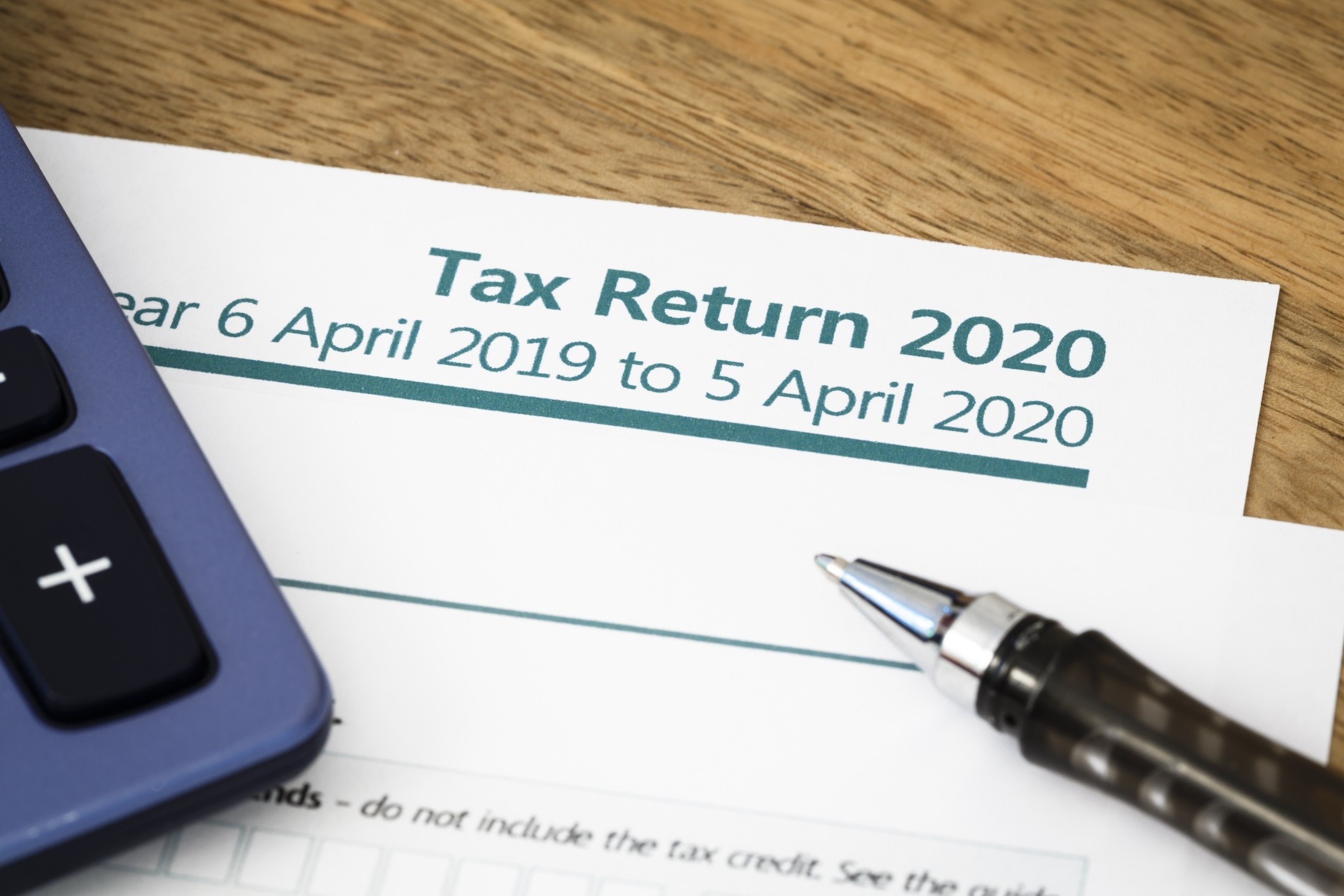The payment deadline for Self-Assessment is 31 January and interest is charged from 1 February on any amounts outstanding. Normally, a 5% late payment penalty is also charged on any unpaid tax that is still outstanding on 3 March. But this year, because of the impact of the COVID-19 pandemic, HMRC is giving taxpayers more time to pay or set up a payment plan.
Taxpayers can pay their tax bill or set up a monthly payment plan online at GOV.UK. They need to do this by midnight on 1 April to prevent being charged a late payment penalty.
For further information about how to pay your Self-Assessment tax bill visit https://www.gov.uk/pay-self-assessment-tax-bill
The online Time to Pay facility allows taxpayers to spread the cost of their Self-Assessment tax bill into monthly instalments until January 2022.
HMRC recognises the pressure affecting taxpayers due to the pandemic and encourages anyone worried about paying their tax and unable to set up a payment plan online to contact HMRC for help and support on 0300 200 3822.
It is recommended that you should seek to pay tax due in full if you can. This is the only way to stop interest accruing.
Self-Assessment taxpayers who are required to make Payments on Account and know that their 2020 to 2021 tax bill is going to be lower than in 2019 to 2020, for example due to loss of earnings because of COVID-19, can reduce their Payments on Account.
Self-Assessment taxpayers who have yet to file their 2019 to 2020 tax return should file by 28 February to prevent being charged a late filing penalty of £100.
Be aware of copycat HMRC websites and phishing scams. Taxpayers should search ‘Self-Assessment’ on GOV.UK to get the correct link for their Self-Assessment tax return online securely and free of charge. They also need to be alert if someone calls, emails or texts claiming to be from HMRC, saying that they can claim financial help, are due a tax refund or owe tax. It might be a scam. To check if a message or HMRC contact is genuine visit https://www.gov.uk/guidance/check-a-list-of-genuine-hmrc-contacts




Share this article